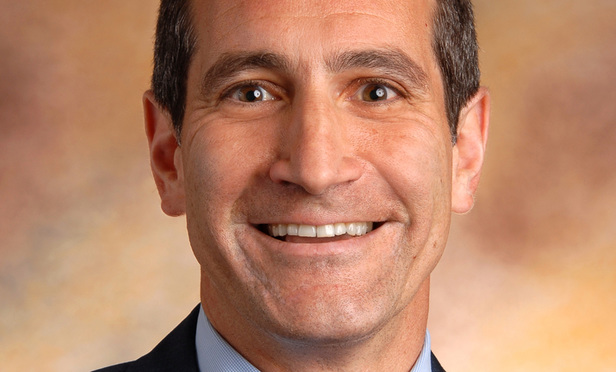U.S. Justice Department tradition over the last 37 years generally includes the new Attorney General issuing his or her own charging and sentencing policy—a fundamental part of the DOJ’s criminal justice program. This administration is no exception.
On May 10th, Attorney General Jeff Sessions announced the DOJ’s new policy,1 though “new” is something of a misnomer. Short in size and skimpy on details, the policy nevertheless resembles iterations of prior Republican administration policies that stressed pursuit of the most serious charges and harshest punishments, while preserving elements of prosecutorial discretion (read: leniency) in unspecified types of cases. This is no surprise, given the Attorney General’s public statements on crime (particularly drug and violent crime) and his own prior experience as the U.S. Attorney in a staunchly conservative state (Alabama). But how his policy will affect the federal criminal justice landscape will depend in large measure on how the policy is actually implemented by federal prosecutors throughout the country and how other constituents in the federal criminal justice community respond.



